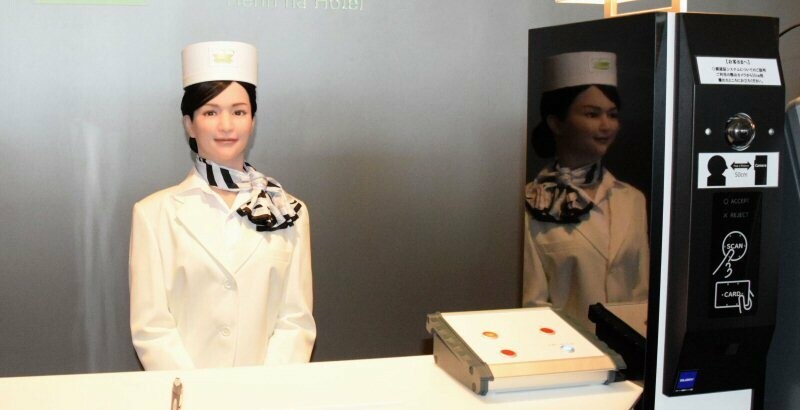Robots and Chatbots
In the news this week is the new exhibition starting at the London Science Museum this month. It is called Robots. It will explore humanity’s 500-year quest to recreate ourselves in mechanised form. On display will be a unique collection of over 100 robots, from a 16th-century mechanical monk to the most up to date walking, talking humanoid robots.
Of course, robots have been working in industry for many years. They are not usually humanoid in form but, rather, designed for particular tasks such as vehicle assembly or moving goods around warehouses.
Robots are very effective at replacing human labour for complex, repetitive tasks. Start building some artificial intelligence into them and they can give the impression that they might make good replacements for humans. This got me thinking about how robot technology might be utilised in travel. Ours is very much a service industry. Many employed in travel are undertaking fairly mundane tasks: cleaning hotel rooms, serving drinks behind a bar, flying aircraft. Is there potential for robots to do some of these tasks at a lower cost than employing human beings? If so, would travellers find this acceptable?
I think that we are all slowly being conditioned to accept that human interaction with robots will be just fine. I recently purchased an Amazon Echo. Embodied in the Echo is Alexa, a voice activated chatbot. Ask Alexa a question such as “What is the weather today?” “When was Shakespeare born?” and she will give you the answer. She can also control my home central heating. “Alexa, set temperature to 21” is all I have to say and the heating gets reset. Alexa’s voice response interface is amazingly natural to use. As more chatbots roll out, whether they have a voice or a text interface, I would expect that interacting with these devices will become second nature for many of us.
Last March, Travelzoo carried out a survey of 6,000 travellers to gauge their views on robots being used in the travel industry. Almost two thirds of respondents stated that they would be comfortable with robots. More than three-quarters of respondents thought that robots would be better than humans at handling data (81%) and dealing with different languages (79%), while 81% of respondents selected their untiring energy as an advantage.
The Henn na Hotel in Japan is already using humanoid robots at the front desk. As its website says,“At the front desk, you will be greeted by multi-lingual robots that will help you check in or check out. At the cloakroom, the robotic arm will store your luggage for you, and the porter robots will carry them to your room. Mechanic yet somehow human, those fun moments with the robots will warm your heart. Furthermore, once you register your face with our face recognition system, you will be free from the hassle of carrying the room key around or worrying about losing it.”You can use this link to see a Youtube clip of a BBC Click feature on the hotel. It looks like a hilarious place to stay. I don’t see these particular robots replacing humans anytime soon.
However, technology is ever-advancing and robot technology is surely going to improve to the point where interacting with a humanoid robot or being transported by a self-driving Uber taxi will be OK experiences. Will robot technology be good for the travel industry? What do you think?
